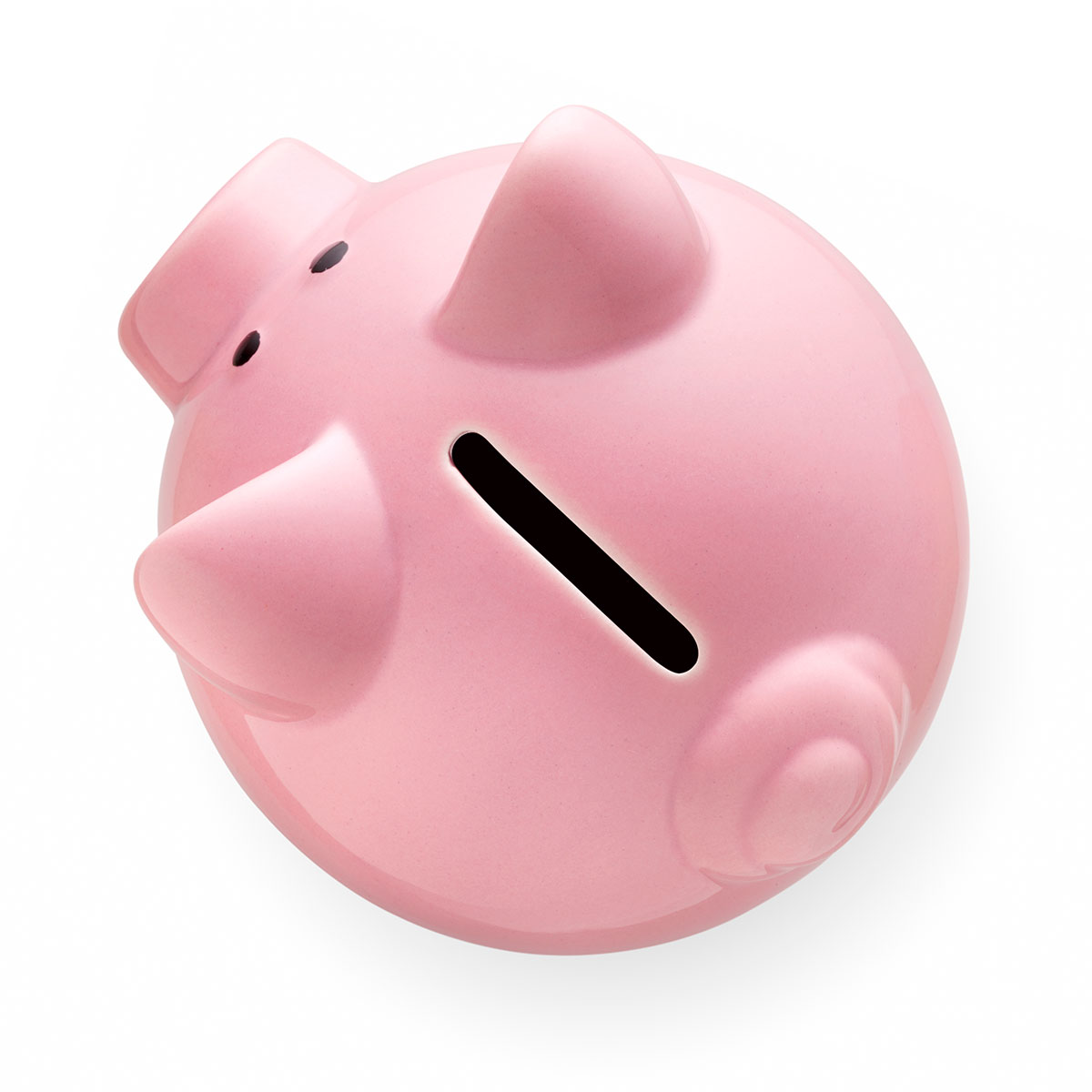Oral surgery is often an unpleasant necessity used to repair serious dental damage. Your dentist will thoroughly explain the details of the surgery as well as the recuperation process. However, many people often feel uninformed and overwhelmed in the days leading up to their oral surgery.
Proper preparation for oral surgery can help make the procedure more pleasant and less frightening. Here’s an in-depth look at what to expect before and after oral surgery.
Types of Oral Surgery
Oral surgery is typically used to replace damaged teeth, repair jaw issues and otherwise improve your oral health when simpler methods won’t. Common reasons for oral surgery include:
- Tooth Reconstruction – Accidents, severe decay, and other injuries can result in damage to your oral health. Oral surgery is used to replace missing teeth, repair broken and splintered teeth, and remove certain types of teeth such as wisdom teeth. Implants are a popular option for permanent lost tooth replacement.
- Jaw Repair and Realignment – Surgery is used to treat bite, jaw joint and jawbone issues. Jaw surgery is usually performed by a maxillofacial surgeon. Surgery is primarily used to correct bite alignment, repair trauma and otherwise restore proper jaw function. Jaw surgery is also often used to treat cases of temporomandibular joint pain (TMJ), a dysfunction which causes persistent jaw, face and neck pain.
- Gum Disease Treatment – Oral surgery repairs gum damage when deep cleanings are ineffective. Surgical treatments for gum disease involve lifting back the gums to remove built-up tartar. Sometimes irregular bone surfaces will be smoothed out. Gums are then reattached to fit snugly around teeth. This reduces the areas where bacteria can grow, ideally preventing future gum disease. Grafts are another common type of gum surgery. Bone grafts replace bone destroyed by gum disease and restore a solid foundation for teeth. A similar procedure is a soft tissue graft, which adds tissues to areas where gums have receded. Most often this new tissue is taken from the roof of the mouth.
- Sleep Apnea Treatment – Sleep apnea is a disorder where breathing becomes interrupted during sleep. Common treatments include a CPAP device and other oral appliances. If those treatments aren’t effective, oral surgery may be required. The surgical procedures to correct sleep apnea involves the removal of excess tissue from the back of the throat.
Before Surgery: Don’t Be Shy
Many people feel intimidated discussing their upcoming procedure with the oral surgeon. After all, the surgeon is the expert – and most likely you’re not very familiar with the procedure at all. But don’t feel shy. Ask as many questions as you like. Also, feel free to call the dental professional if questions occur to you later.
The Day of Surgery: Arrange Safe Transportation
Oral surgery is an out-patient procedure which uses either general or local anesthetic. No matter what type of surgery you have, you’ll need help getting home. The ideal situation for most people is to have a friend or family member drive you to and from surgery.
In most cases, you’ll also need to fast from food or drink for eight to 12 hours before the surgical procedure. The exception to this rule is if you’re diabetic, in which case you’re allowed to eat breakfast. Your dentist or oral surgeon should explain the details to you (and don’t be afraid to ask questions).
After-Surgery: How to Prepare
All surgery requires recovery time. Don’t expect to be very active for at least two days. You’ll be groggy and tired, especially if you’re given prescription painkillers. You’ll need lots of rest. Clear your schedule so you can spend at least a few days at home.
After about two days, you’ll feel more alert and active. Swelling will likely have significantly decreased. Depending on how you feel, you may be able to ease back into regular life. But you’ll still be on the road to recovery for a while. Most common oral surgeries will be fully healed in about two weeks. However, certain jaw surgeries require a month or more for a full recovery.
Foods to Eat and Foods to Avoid
Generally, soft foods such as soup and yogurt are recommended for the first two days. Hard, crunchy foods will be off the menu for about two months. Sorry, fans of popcorn and pretzels, but the risk of oral damage is just too great.
You’ll also need to avoid foods which are extremely hot, especially in the first few days, to avoid a very painful condition known as “Dry Socket.” Also, you’ll need to avoid drinking from a straw, or smoking/vaping, for at least 24 hours after the procedure. Your oral surgeon will give you a more detailed list of foods and beverages to avoid, and home care instructions.
Dental Insurance Coverage Options
Insurance coverage for oral surgery can be complicated. In some cases, oral surgery can be covered by dental insurance. In other cases, the surgery may be covered by medical insurance. Typically, medical insurance only covers procedures which are considered “medically necessary.” This means the procedure is necessary for your body to function.
Discuss the procedure with your dentist. He or she will be able to help you determine what dental and medical insurance will cover. Be warned that navigating dental insurance for oral surgery can sometimes be a fairly intricate process. Plus, even with dental insurance, most major dental procedures are only covered at 50%.
Dental Discount Plans for Oral Surgery
Another, often easier, option to potentially save on oral surgery is a dental discount card. This is a membership plan which offers savings on a variety of dental procedures, often including many types of oral surgery. With a discount plan, members present their discount card to any participating dental professional for instant savings of 15% to 50%.
Understanding what to expect before and after your oral surgery can help both the procedure and recovery process go smoothly. Don’t let fear keep you from great oral health! Oral surgery can transform your smile for the better.







